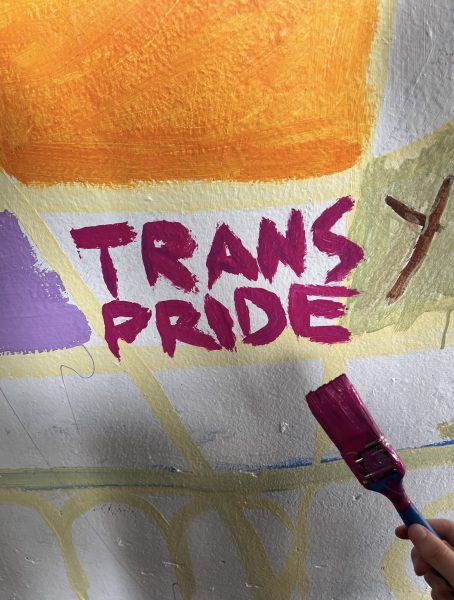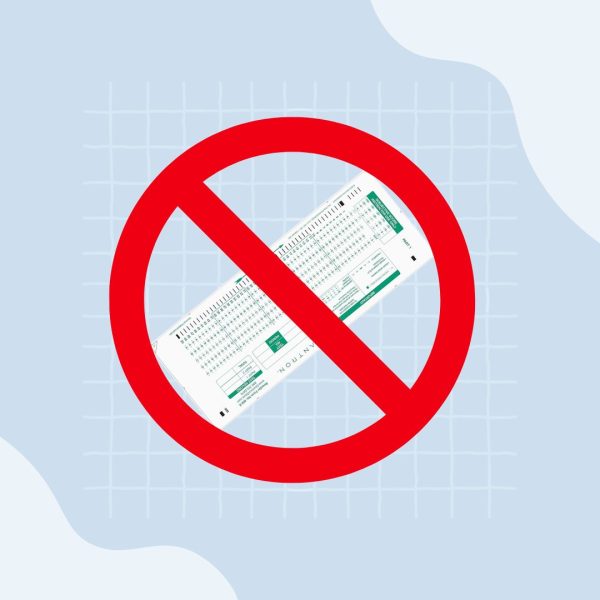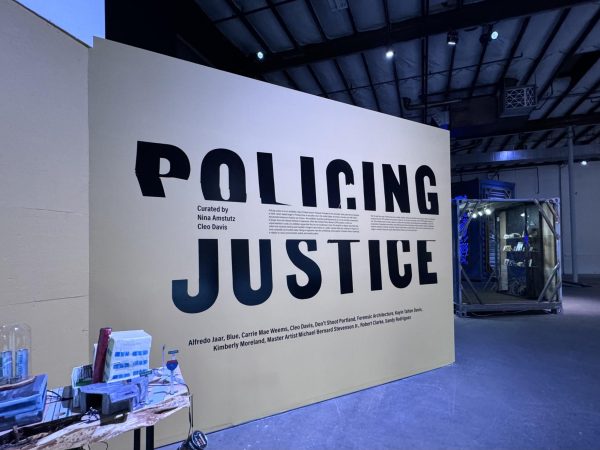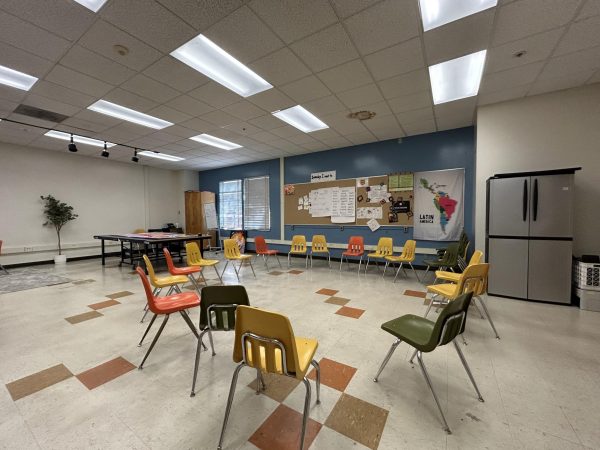Trumping the Constitution: New President’s ban on travel from seven countries divides Lincoln students
The first month of President Donald J. Trump’s initial term as president has succeeded in making headlines across news outlets, liberal and conservative alike. The entry into what some are referring to as “Trump’s Era” has been a rocky and at times difficult transition.
On Jan. 27, just seven days after he was inaugurated into one of the highest offices in the world, Trump issued a controversial executive order. The order issued from the White House states its purpose is to detect “individuals with terrorist ties and stopping them from entering the United States,” specifically from seven majority Muslim countries: Iran, Iraq, Libya, Somalia, Sudan, Syria and Yemen.
The ban was to last for 90 days. However, due to the nature of the order, there are some opinions that the ban is both unconstitutional and prejudiced against the Muslim people.
In a time where Trump takes to media outlets such as Twitter to tarnish the reputations of typically reputable newspapers such as the New York Times, and Washington Post, the need for honest journalism is imperative.
In order to get an accurate depiction of views among some Lincoln students, 100 students were surveyed and asked of their opinion on the travel ban. 93 students from freshmen to juniors said they disagreed with the ban.
Other students felt that it was more complicated than just a yes-or-no question.
“I like it, because it could work, but he didn’t do it on the right countries,” says Lincoln freshman Johnny Corean. Similarly, there were six other Lincoln students out of the 100 polled who agreed with the travel ban.
Currently the ban is being halted by federal judges, and the work of the ACLU (American Civil Liberties Union).
Their goal is striking down what some are referring to as a “Muslim ban.” Trump is listed as one of the defendants of the suit. The ban has been reported by several news sources as a travel ban despite the coined term Muslim ban protesters are using to refer to it during demonstrations. White House officials continue to imply that the ban is in no way targeting Muslims due to their faith.
However Lincoln junior Zachary Jones feels that as a white man he is not the person that will “suffer the consequences.” Rather that the real people who will be disenfranchised are the already vetted persons who will be denied access into America from the seven countries that are predominantly Muslim.
Some students argue that the ban is only succeeding in “separating families, and putting refugees in danger,” says junior and Middle Eastern student, Arianna Mokhber.
When asked about the travel ban, Lincoln Junior Semeradin Kundin still managed to find something positive despite his inherent disagreement with the order.
“I’m glad that after the executive order checks and balances are being utilized,” he says, “I love that the judicial system is doing something about the ban.”
While the most recent orders signed by our president have no doubt shocked, amazed, and or bewildered American citizens, they have also led to more political discourse throughout America. That discourse has reached Lincoln students, who have mature and detailed opinions on the matter, both in support and opposition.
For those who disagree with the ban, the president’s latest executive orders and practices in office have forced them to rethink the future of America’s democracy. In times where the president elects to discredit journalism and propose controversial executive orders and bans that some consider to be unconstitutional, it is up to the journalist to report the truth, and let the american voices who at this time may feel stifled, be heard.










